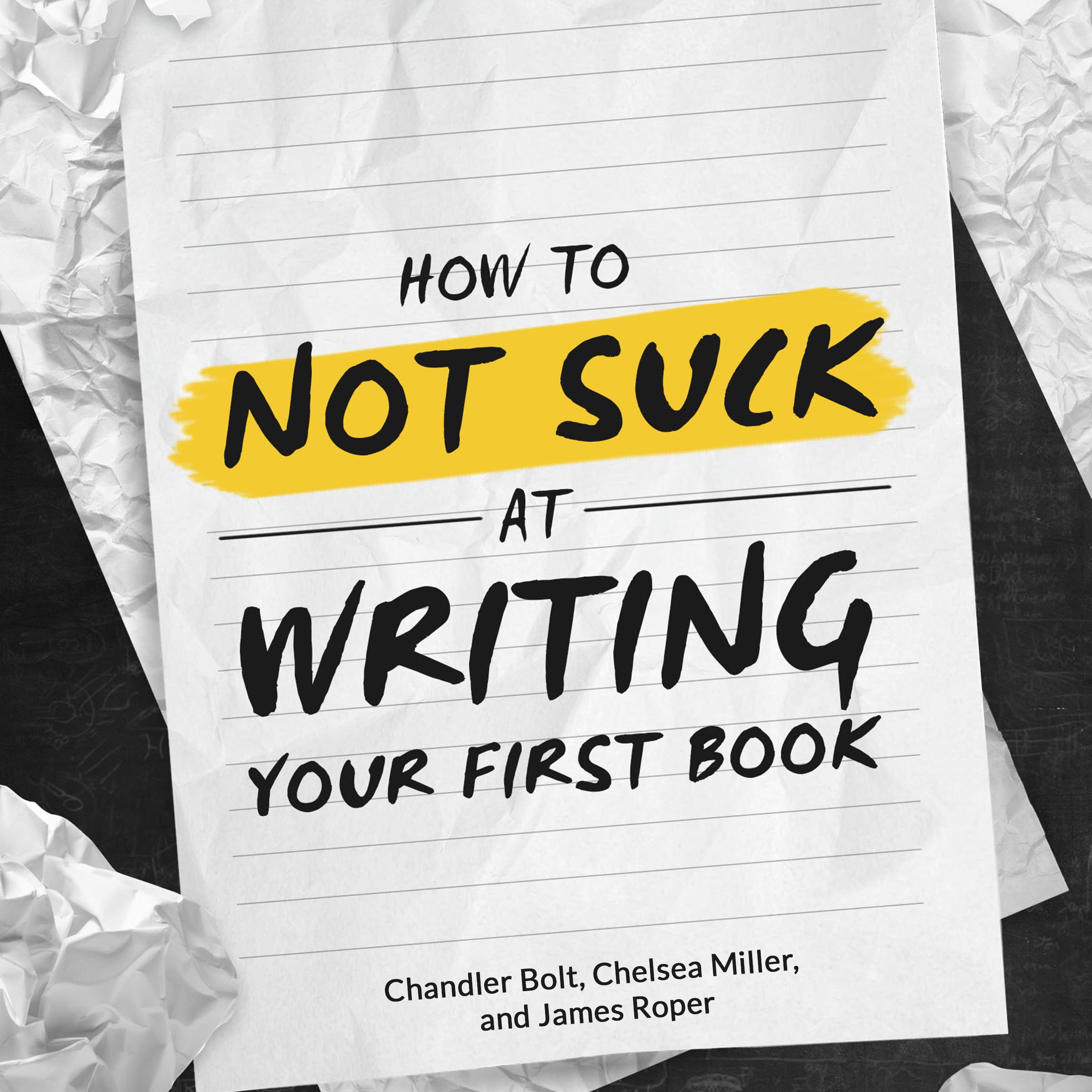What do you think?
Rate this book


Audible Audio
First published May 27, 2015
This is a lead-magnet book. It's truffled with hooks for the writing coaching class. Chapter 16 is what it's all about—a free sales funnel entry.
Money checks will be waved before you, promising financial freedom from your writing while you sleep. It reeks of passive income nonsense. It's not a book. It's a publicity brochure. This "booklet" also has testimonials, like an actual pitch deck. Without content marketing camouflaged in "genuine" books, the world would be better.
Who is this for?For "brain-dead reading sessions" when tired writers feel guilty watching cheap dramas instead of reading. I know I've yet to write a book, but you don't have to be a musician to identify lousy singing.
If this is your first book on writing, prepare to hear similar advice in future reading from the "Writer's Help" book category.
The book's written with shy newbies in mind who require a solid motivational speech to get started (preferably with Chandler's Bootcamp). So, the tone and info provided are appropriate. It feels like it was written by Gary Vaynerchuk or Tony Robbins' motivational mumbo-jumbo in writing. God help us all.
Sure, you can begin with the advice given, but you need to graduate to something legit as soon as possible. The world doesn't need more remixes of other promotional booklets written as the author speaks.
I was about to burn this copy but decided to wait to see if there's a hidden gem (at least one), as it's sometimes the case in weirdly edited books.
How was it written?This book results from opportunistic marketing research on Amazon more than a genuine, spontaneous idea. I could feel the book was wrapped up way too quickly. Done is better than perfect, but still. Sixteen days times two hours for the book, C'mon... As described, it was a race against the timer. As a future author, do you want to produce this kind of output and litter where you eat?
This book's research phase lasted one hour in one day (based on the author's bragging)! References are just four items that aren't all books or serious sources. Some are just one web page.
It's a Frankenstein creature amassed from automatic transcripts of old videos and other scrap material, such as PDF brochures of his writing school. I have nothing against repurposing, but I shouldn't feel like it's a glued-together bunch of separate flyers, either.
So, saying that the book was written with the techniques described is inaccurate. All chunks were repurposed. It's not an issue, but it's not true to the claim.
The authorChandler Bolt proudly announces he's always been a straight C's student. In his defence, he constantly provides a disclaimer in which he doesn't pretend to be a good writer. Best-SELLING is not best-WRITING, he says. Still, announcing a fart doesn't make it less smelly.
Advice givenSome of the brilliant advice you'll get from this book includes sleeping less, buying Post-its, reading your writing through the "lens of a stranger" (as if you knew nothing about the topic), writing as you speak, recording your voice and outsourcing transcription, not doing too much research and pressuring yourself by publicly committing to writing a book. People who couldn't stick to their promises claim that Chandler's coaching class unlocked them.
Tell everybody you're writing a book.
I'm against bold public announcements one isn't certain to honour. However, I can see how some people could require external pressure to get things done. I've worked with a few. They never deliver anything decent towards the deadline, if at all.
Take notes of ideas.
A few tried-and-true techniques, such as working with atomic notes, did work for many people, such as Niklas Luhmann, Robert Greene, and Ryan Holiday. But how many writers don't have a notebook to jot thoughts into? The water is, indeed, wet.
Write as you speak.
I don't think we should write like we speak and speak as we write. Again, I've worked with those who believe this myth, and they never convinced anyone of being mature and trustworthy. It's not about being a language snob. It's about projecting the sentiment of knowing how to write and picking the right word for the point you're trying to get across. One needs to understand the rules to be allowed to transgress them.
It's probably not even what he does despite what he says. How many "like" or "d'you know what I mean" were in the dictated text? Were there any "uhm" in the audio recordings he transcribed? The "vomit draft" was unquestionably massaged into sounding like a written word somewhat. It's one of those maxims people believe without ever questioning.
Should you read it?The amount of highlighting I do in every book I read indicates its quality. I've highlighted close to nothing in this one. See my highlights here.
If you're a total writing virgin, go for it. If you're past that stage, either don't or speed-read it. It can be read as fast as the research this book was based on anyway.
Overall, this is one of the most unfortunate combinations of a book title and its content I've encountered in a long time.